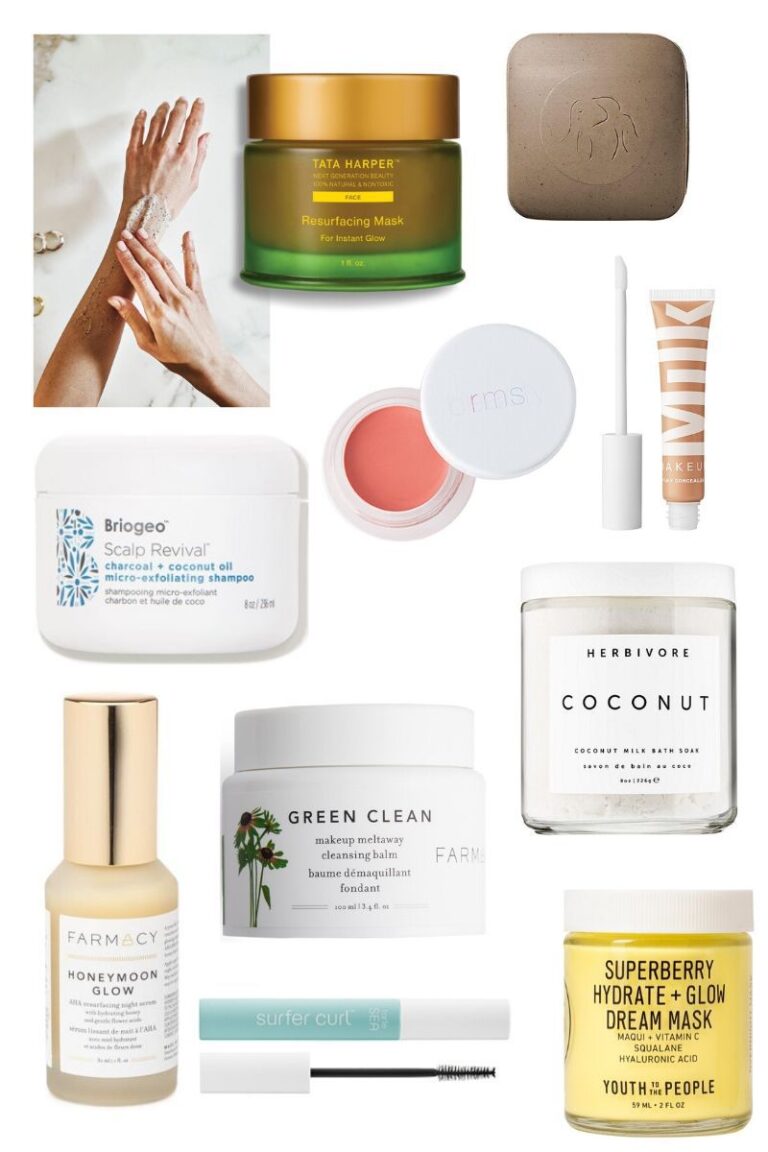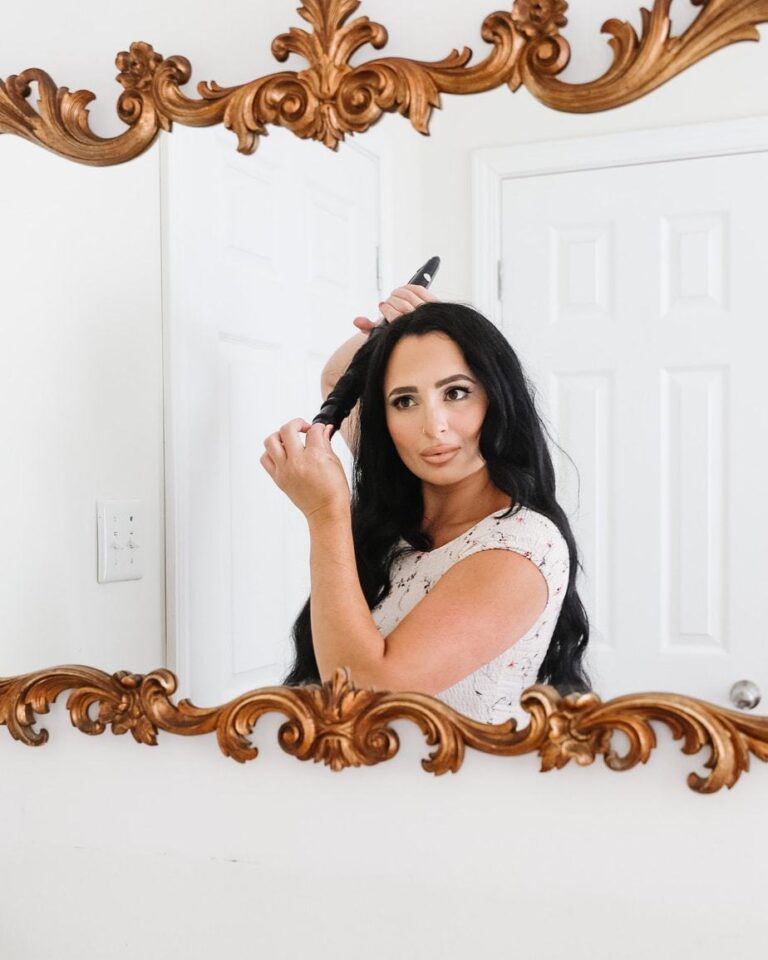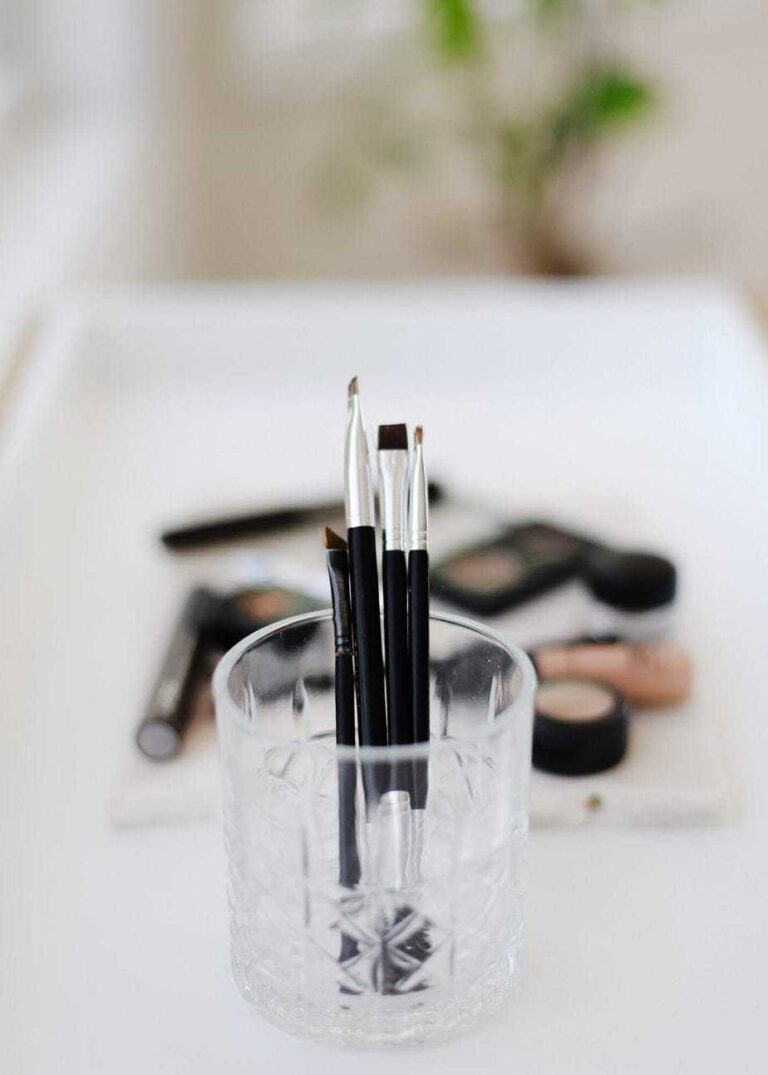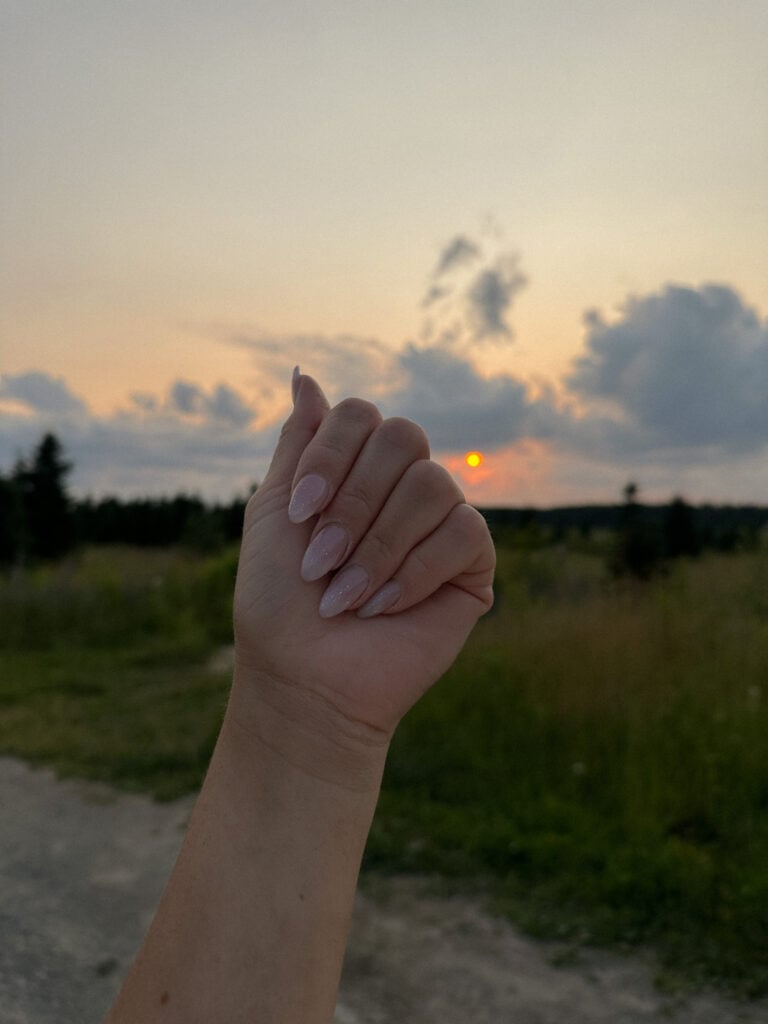6 Easy Ways to Combat Hard Water Damage on your Hair
We’re sharing the signs of hard water on your hair you need to watch out for, and the steps we take to combat the damage.
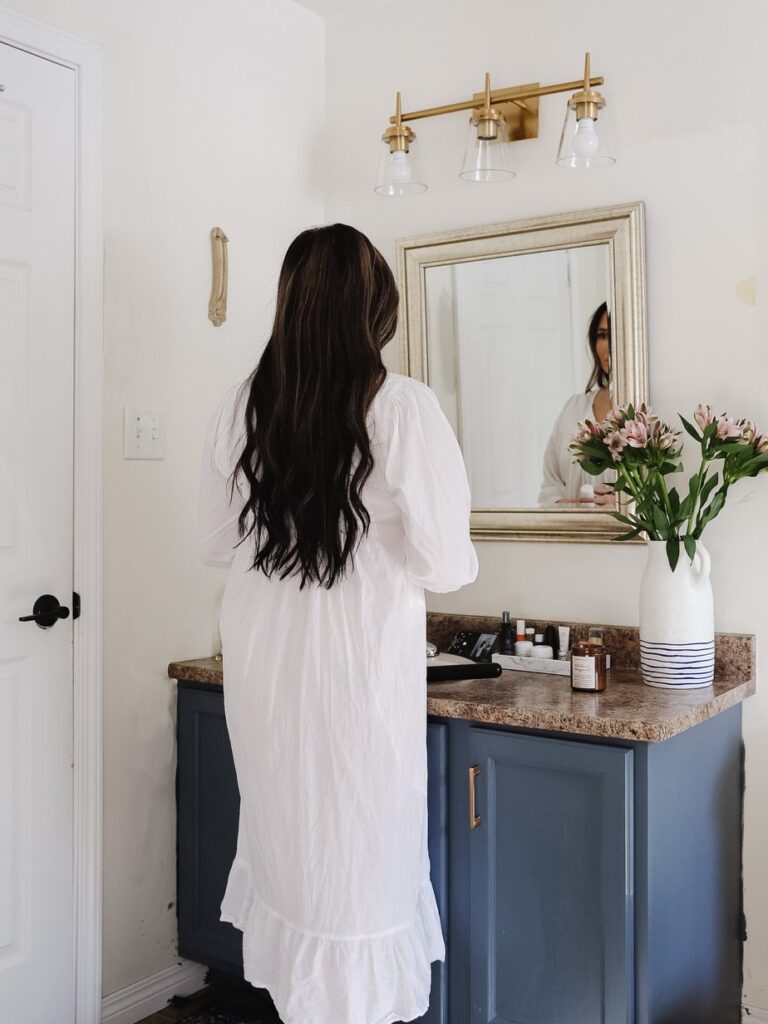
I grew up in a small rural community outside of Fredericton, New Brunswick. An hour from the closest major “city”, our water source was from a well. Even though we had a water softener installed, our water was still considered to be “hard water”. In m teenage years, I started to really notice hard water buildup in my fine hair. While some hair care products and techniques were available back then to help with the buildup of minerals in my hair, today’s market and online information are much more vast.
If you do not live on municipal water and are noticing hair breakage, dull hair, and other hair issues, then read on because hard water build-up could be to blame.
What is Hard Water?
Hard water is water that contains salts of calcium and magnesium which present as bicarbonates, chlorides, and sulfates. Hard water at home can present itself in many ways, but some of the effects of hard water are as follows:
Signs of Hard Water on Hair
- A buildup of scale inside the water supply pipes often restricts water flow
- A visible film of soap scum or mineral deposits buildup on ceramic tile and fixtures
- Spots on glasses and dishes, even after thorough rinsing
- Less effective clothes washing due to lack of suds
- Greasy or oily scalp even after proper hair washing
Hard water can be incredibly damaging to hair, especially after prolonged exposure. Today we’re diving into how mineral-rich water or hard water can be damaging to your hair and some steps you can take to prevent further damage and turn back time.
How to Reverse the Signs of Hard Water on Hair
You know the feeling when you’ve been swimming in the ocean all day, and your hair is perfectly salty and crunchy. This is essentially the same concept as hard water hair. When water evaporates and your hair dries, the mineral residue left in your hair clings to the follicles and crystalizes as it dries. This crystallization prevents moisture from getting in or out of your hair, in turn, creating drier, duller hair that is extra prone to damage and breakage.
Hard water damage can also present itself in the form of various skin conditions. Just like your hair, it can cause dry skin. High mineral content can sometimes dry directly on the skin, leading to clogged pores and acne breakouts. In really dry climates, hard water can cause dermatitis and can cause flare-ups for those with chronic conditions such as psoriasis and eczema.
Keep reading to find out how to deal with the signs of hard water on hair.
The Signs of Hard Water on Skin
- Dry skin
- Clogged pores
- Acne breakouts
- Dermatitis
- Flare-ups with psoriasis and eczema
Who’s at Risk?
Those will certain hair types are also more prone to see the effects of hard water in their hair. Those with chemically treated or color-treated hair are even more at risk for damage because of how porous your hair is from chemical processing. When you lighten, for instance, your hair is more susceptible to mineral build-up. Those will curly hair will also feel the effects, since we know curly hair is already prone to dryness and a frizzy appearance.
Worry not readers, there are many products and techniques available in the market today to reverse the effects of mineral buildup and hard water hair damage.
A Shower Head Filter
It’s hard to believe that something so cost-effective could make such an impact but this shower filter with two replacement cartridges rings up at less than $50 after tax and shipping and guarantees to clean and soften water by significantly reducing the level of chlorine and heavy metal subways in your water.
You install this shower head in only a few minutes without any extra tools and one cartridge will last about 6 months for a family of 4! Who knew soft water could be so easy?
A Clarifying Shampoo
When looking for a shampoo to help remove hard water minerals from the hair, look no further than Kendra Professional Clarifying Shampoo. This product will help restore your hair’s natural radiance after just one use and is known as a Chelating Shampoo.

Note: While considered color safe, this product should only be used once a week to maintain the life of your hair color.
Chelating Shampoos are designed to remove dulling deposits and buildup, brighten highlighted, leached, or gray hair, and cleanse deeply without over-drying. Even if you aren’t someone with hard water damage but often swim in chemical swimming pools, we recommend having this product, on hand! We do recommend using a leave-in conditioner post-clarifying shampoo for optimal results.
A Hair Mask
Because hard water can strip hair of its natural moisture, using a deeply nourishing hair mask on a weekly basis can help with your dry hair. The good news is that a moisturizing hair mask is easily available in-store and online and comes in various price points. We love the Briogeo Don’t Despair, Repair Deep Conditioning Hair Mask from Sephora. It’s deeply nourishing and is clinically tested to strengthen already damaged hair and prevent further damage.
Looking for a drugstore alternative? The L’oreal Paris 8-Second Wonder Water is a treatment in the mask in liquid form. This formula is packed with protein and amino acids to help repair dry and damaged hair. In 8 seconds, your hair will look and feel instantly softer and more hydrated.
Apple Cider Vinegar Rinse
This DIY is going to be a game changer for you if you notice the signs of hard water on hair. Mix a couple of tablespoons of Apple Cider Vinegar with water. After using your regular shampoo, pour the mixture over your hair evenly, working into your scalp. You will want to let it sit for a couple of minutes before rinsing it out.
Some tips for preparing for making this recipe
- 1-2 TBSP of Apple Cider Vinegar
- 1/2 cup of water
Wondering why this technique is so useful? It all comes down to pH. If your hair and scalp have an unbalanced pH level, it can cause irritation, dryness, dullness, and fizziness. Fun fact, your hair, and scalp should hover around a normal pH of 5.5. An apple cider vinegar rinse is an easy way to battle an itchy scalp, brittle hair, and frizzy hair!
Lemon Rinse
Don’t have apple cider vinegar on hand? That’s ok! You can achieve the same pH-balancing results using a lemon rinse. This DIY is just as simple because all you need to do is squeeze about a tablespoon of fresh lemon juice from one lemon and mix it with 3 cups of water. After you, shampoo, pour the mixture over your hair and let it sit for a couple of minutes before rinsing out.
Like apple cider vinegar, you should follow up on this treatment with a good moisturizing mask or conditioner. While this treatment should only be used once a week, we don’t recommend doing both this and the apple cider vinegar rinse in the same week. It’s also important to note that lemon juice contains lightening ingredients so you may notice your natural hair lighting, over time. It’s best to stick with the apple cider vinegar rinse on color-treated hair.

Lemon Water Rinse
- 1 TBSP of fresh lemon juice
- 3 cups of water
Pour mixture over hair and let sit for 2-3 minutes before rinsing out. Followed by one of our favorite hair treatments.
Argan Oil
While not a treatment, we wanted to recommend this product for its moisturizing capabilities post treatments above. Argan oil is rich in vitamin E, which provides a fatty later when applied to skin and hair. It’s perfect to help prevent dryness and can boost shine and reduce fizziness. Pure Argan oil can actually be used head to toe for added moisture.
Who’s excited after reading to get your hair health back to its original glory? These easy additions to your hair care routine will help eliminate the signs of hard water on hair without breaking the bank.
We’d love to know if you have a product or technique you swear by for lifeless hair in the comments!

















